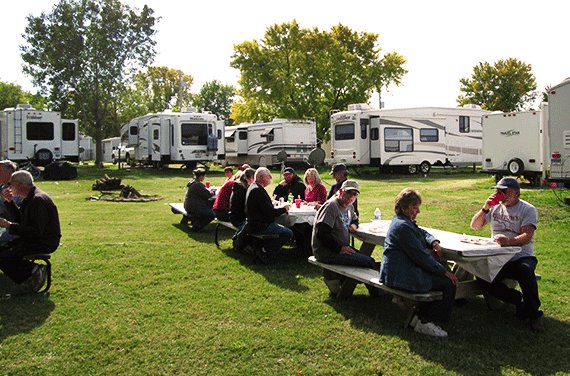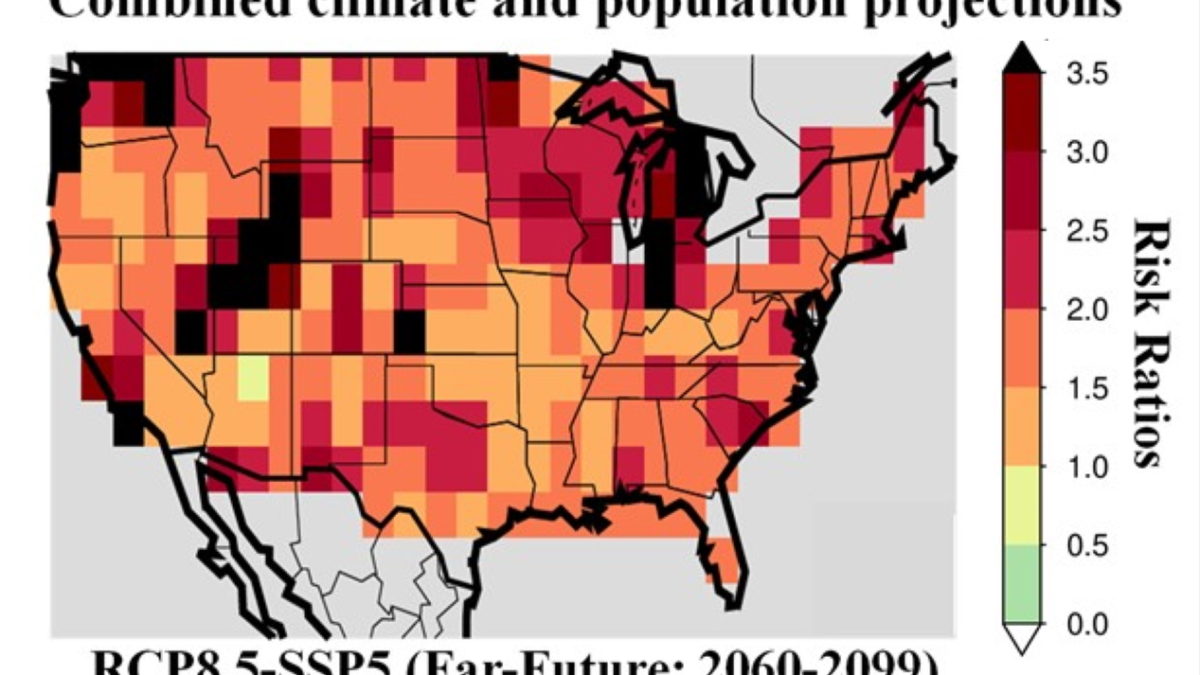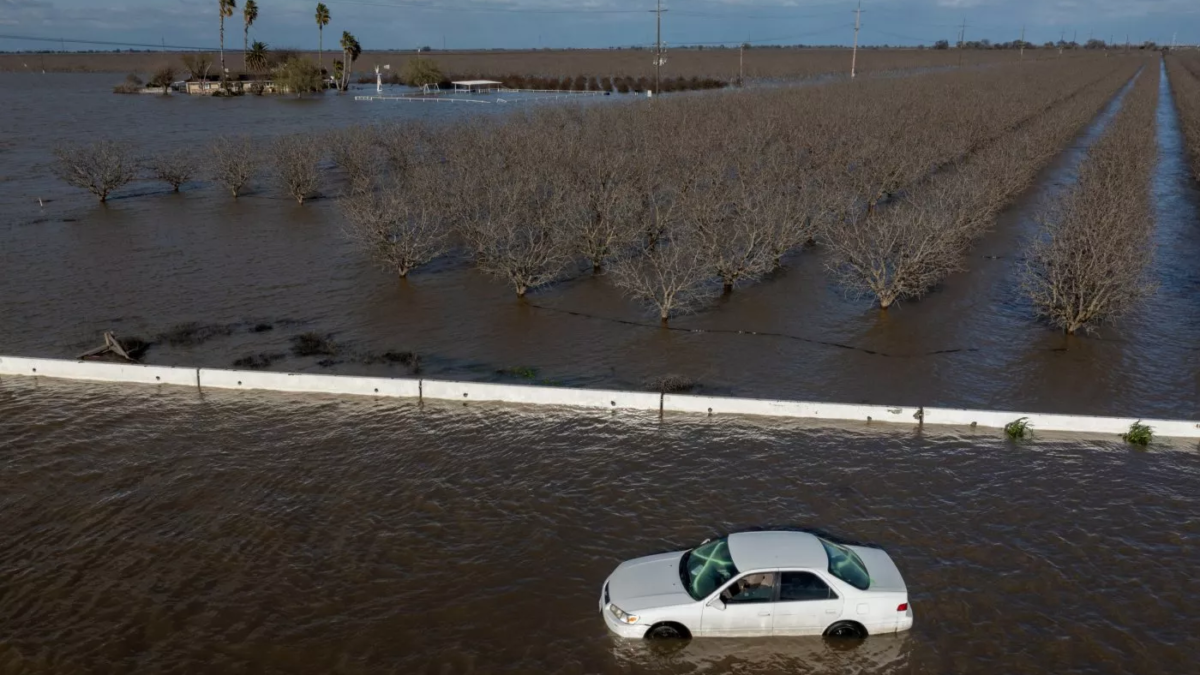The decade in which everything was great but felt terrible: in the 2010s, the U.S. middle class shrank, longevity fell, and a whole generation fell behind
By Annie Lowrey
31 December 2019
(The Atlantic) – If I had to pick the story that best captured the economy of the 2010s, it might be the tale of CamperForce: a group of elderly nomads, living in vans and RVs, spending their twilight years temping at Amazon fulfillment centers.
There’s a positive spin to the story. Some people want the structure and community that work can provide well into retirement age. They may want the freedom and mobility that comes with “van life”. Or the flexibility of temp gigs. But many members of CamperForce were grandparents who had been evicted from their homes during the housing collapse and were struggling to stay out of poverty. It’s a modern-day, AARP twist on The Grapes of Wrath.

Or maybe the most representative story is that of the former graduate student who ended up as a warehouse janitor. Or of the thousands of people who have gone online to beg for money to help them stay afloat through a life-threatening illness.
These kinds of stories felt most real and urgent and indelible to me this past decade, a decade without a single month of recession, when the United States grew to its wealthiest point ever—and when the middle class shrank, longevity fell, and it became clear that a whole generation was falling behind. The central economic dynamic of the 2010s was that no matter how well the market was doing, no matter how long the expansion lasted, no matter how much the economy grew, families still struggled. It was a decade that strained America’s idea of what economic growth could do, and should do, because it did so little for so many. [more]


